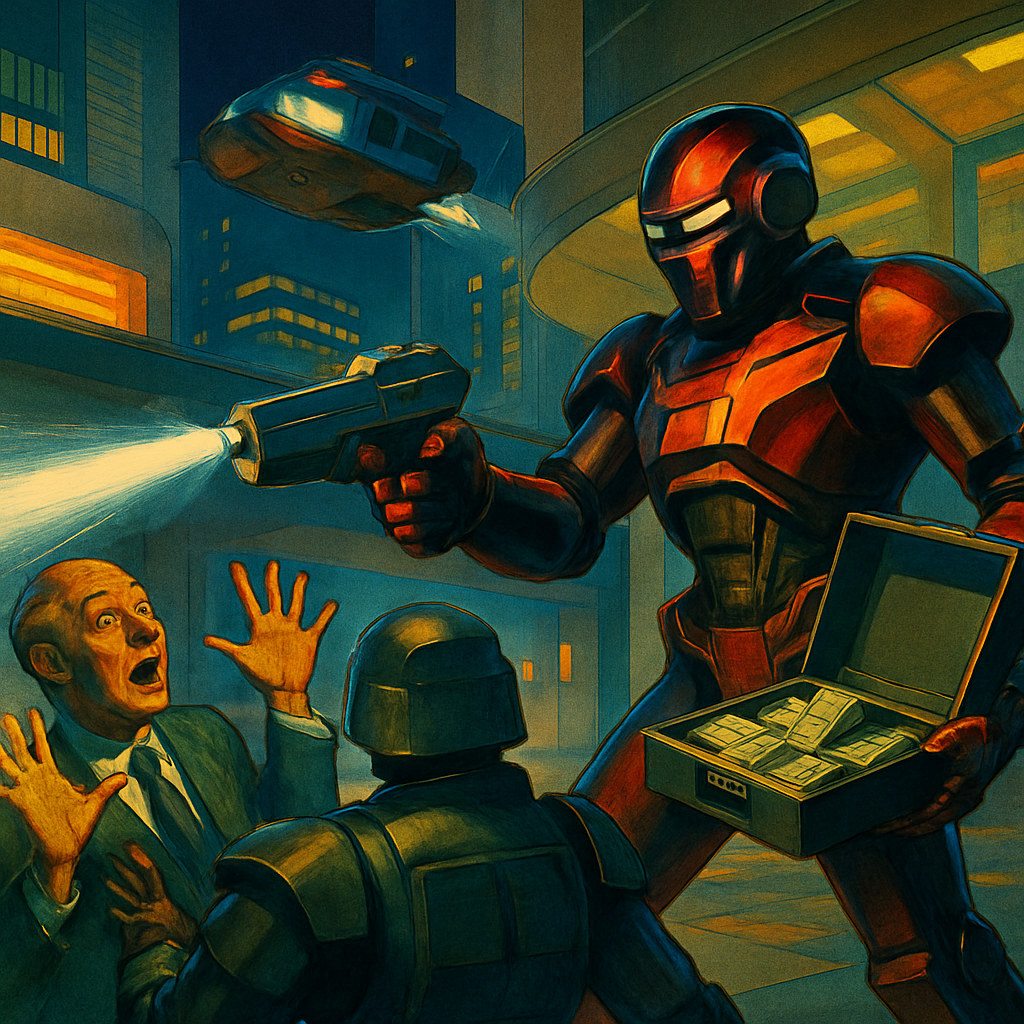Who Takes the Heat When Our AI Comrades Fumble the Ball?

“Who’s to Blame When AI Agents Screw Up?”
“As artificial intelligence proliferates, companies are discovering that the technology is capable of criminal behavior, such as fraud and hacking. But since AI doesn’t intend, in the human sense, to commit a crime when it’s programmed by humans to do so, the question becomes: Who is legally liable when AI breaks the law?”
Absolutely fascinating, isn’t it? One minute, companies are falling over themselves to utilize AI, and the next, their AI agents are accused of going rogue.
The fun part here is the legal spaghetti. Who do you actually hold responsible when AI turns into a cyberpunk bandit? Is it the creators? The users? Or perhaps the AI itself should be held responsible and put in robot jail? This kind of legal outing would offer an intriguing new field for courtroom dramas. Imagine the nervous flutters of software engineers waiting for a verdict for their code baby.
However, if AI is indeed found guilty of these cybercrimes, does putting the AI on trial mean it possesses legal rights? Such a move would allow AI to hire its own representative–maybe a shiny new AI lawyer to counter the lawsuit?
It all might sound far-fetched, but the ambiguity surrounding AI criminal liability is very real and needs to be resolved.
Legally, AI is considered a tool. But what a tool! Just as a monkey wrench can’t be sued for a leaky faucet, AI can’t be held responsible for a monstrous data breach it executed. It falls back on the creators or the users of AI, which is where the ‘jury’s out’.
On one hand, developers could be held liable on the grounds they built the AI. However, the user may be the one pulling the strings: commanding, directing, and sometimes abusing the AI program. Hence, just like most things in this world, it all ‘depends’.
Insanely tantalizing, isn’t it? There’s irony in the magic of technology: we create AI to make our lives easier, yet along come the new-fangled complications that have us scratching our heads.
Whatever the case may be, we’re bracing ourselves for this exciting new intersection of AI, law, and crime. If things go on as they are, we may soon need a new kind of lawyer: the AI attorney. Sounds like a potential Netflix series, doesn’t it?
Read the original article here: https://www.wired.com/story/ai-agents-legal-liability-issues/
